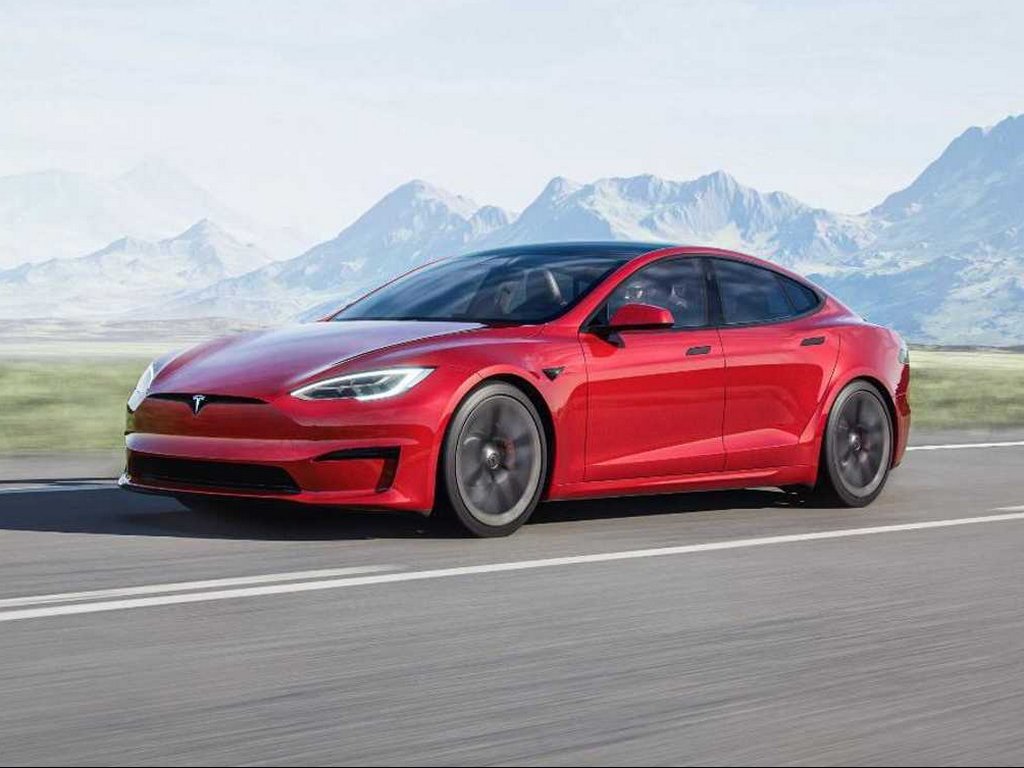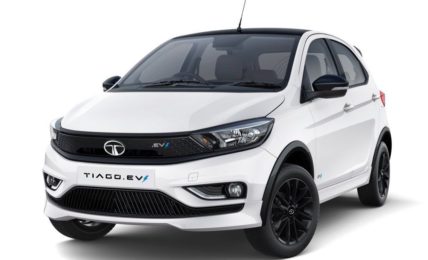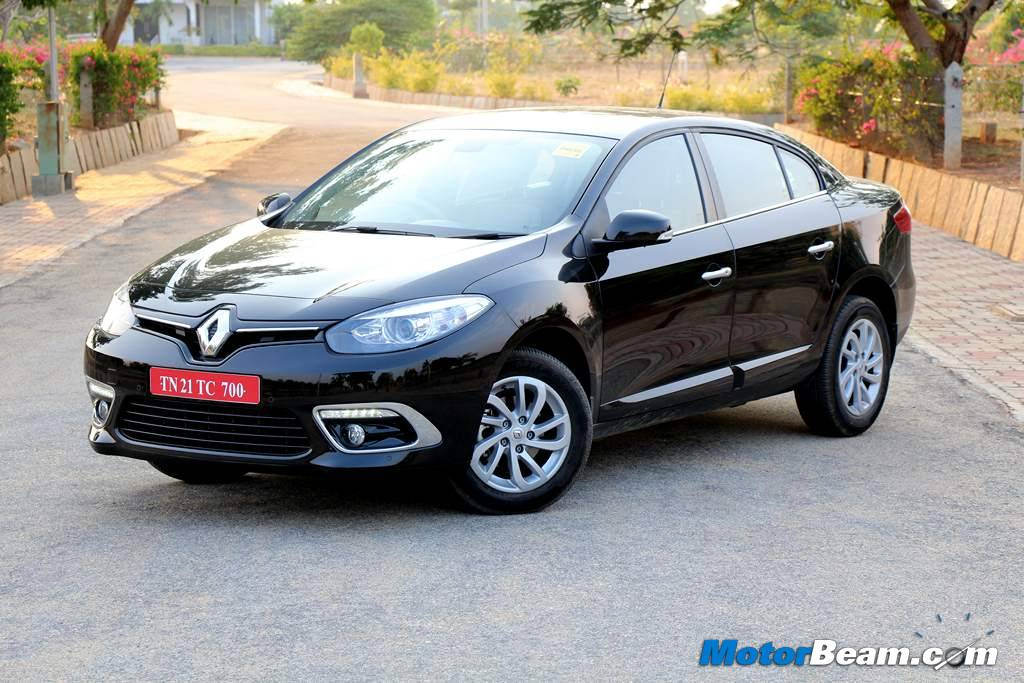
New EV policy includes a minimum investment requirement of Rs. 4150 crores
India’s EV sector is set to witness a transformative shift with the recent approval of a comprehensive EV policy by the central government. This policy offers a range of investment incentives and import duty reductions aimed at attracting global players, including the much-anticipated arrival of Tesla.
One of the key highlights of the policy is the minimum investment requirement of Rs. 4150 crores (approx USD 500 million), to foster substantial investments in the EV manufacturing infrastructure. Moreover, the absence of a ceiling on the maximum investment amount provides flexibility for companies looking to scale up their operations in India.
Under the new policy, companies venturing into EV manufacturing will have a three-year window to establish their operations in India and commence production. Additionally, stringent timelines have been set, mandating a 50 percent domestic value addition (DVA) within five years, with a localisation level of 25 percent to be achieved by the third year. These measures aim to incentivise local manufacturing and boost indigenous production capabilities.
Importantly, the reduction in import duty to 15 percent for EVs with a minimum CIF value of USD 35,000 paves the way for global players like Tesla to enter the Indian market. This concessional rate, however, is contingent upon manufacturers establishing manufacturing facilities within a three-year timeframe and investing USD 500 million in India. The move aligns with Tesla’s longstanding request for a reduction in import taxes.
It’s worth noting that the policy imposes certain limitations and compliance measures to ensure adherence to its objectives. For instance, the amount of duty forgone on imported EVs is capped at the invested amount or Rs. 6484 crores, whichever is less. Additionally, a cap of 40,000 EVs per year, along with specific rules, aims to regulate imports effectively.
To ensure compliance with the prescribed criteria for DVA and investment, manufacturers are required to furnish a bank guarantee equivalent to the duty forgone. This mechanism serves as a safeguard, ensuring that companies fulfil their obligations under the policy framework.
Overall, India’s new EV policy represents a significant step towards accelerating the adoption of electric vehicles and fostering a conducive environment for industry growth. By combining investment incentives with import duty reductions, the government aims to attract global players while promoting domestic manufacturing capabilities, ultimately driving sustainable development in the EV sector.





